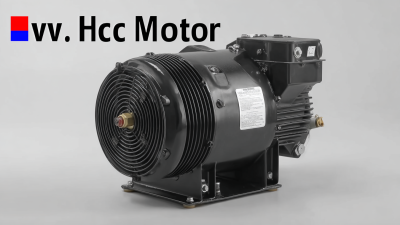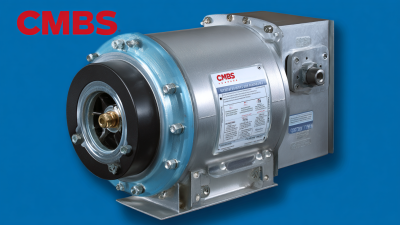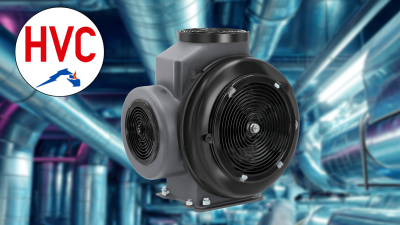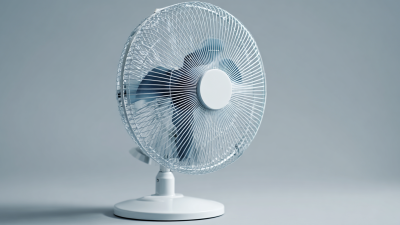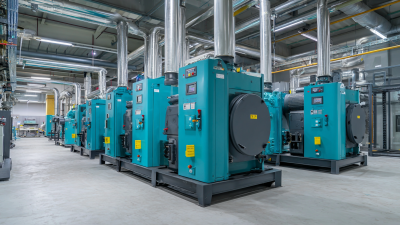




The HVAC blower motor is a crucial component in ensuring a comfortable living environment, playing a vital role in the heating, ventilation, and air conditioning systems of residential homes. According to the U.S. Department of Energy, HVAC systems account for nearly 50% of the energy consumption in a typical American home, making the efficiency of each component, including the blower motor, essential for both comfort and energy savings. A well-functioning HVAC blower motor can significantly impact system performance, air quality, and utility costs, as highlighted in recent studies published by the American Society of Heating, Refrigerating and Air-Conditioning Engineers (ASHRAE). As homeowners seek to optimize their HVAC systems, understanding the function, maintenance, and potential issues related to HVAC blower motors becomes increasingly important. This comprehensive guide aims to educate homeowners about the pivotal role of HVAC blower motors, equipping them with the knowledge necessary to ensure their heating and cooling systems operate efficiently year-round.
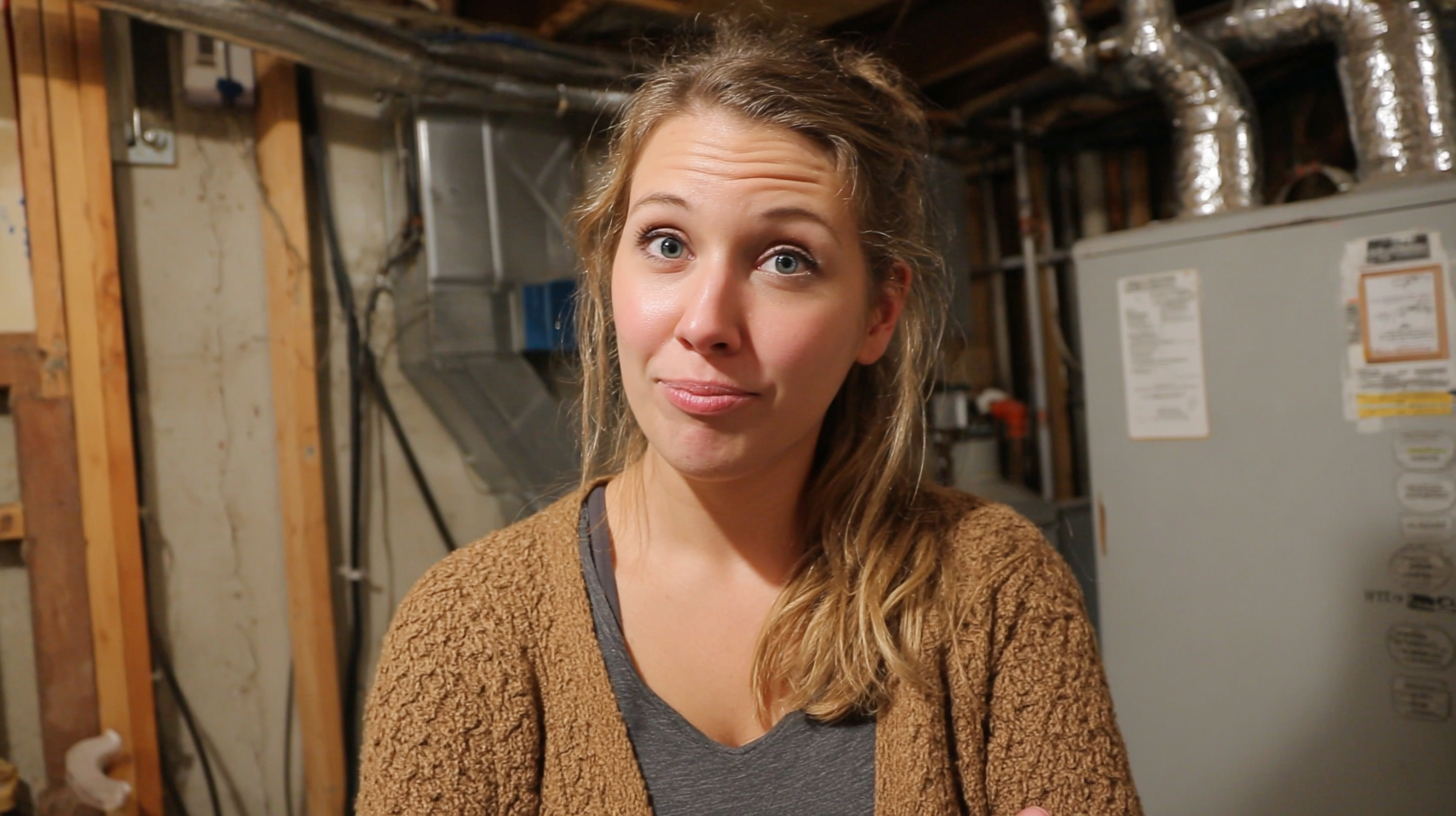
HVAC blower motors play a crucial role in ensuring optimal performance of heating, ventilation, and air conditioning systems in residential environments. Their primary function involves circulating conditioned air throughout a home, maintaining a consistent and comfortable temperature. According to a report from the U.S. Department of Energy, proper airflow facilitated by efficient blower motors can reduce energy consumption by up to 30%, significantly lowering utility bills while enhancing indoor air quality.
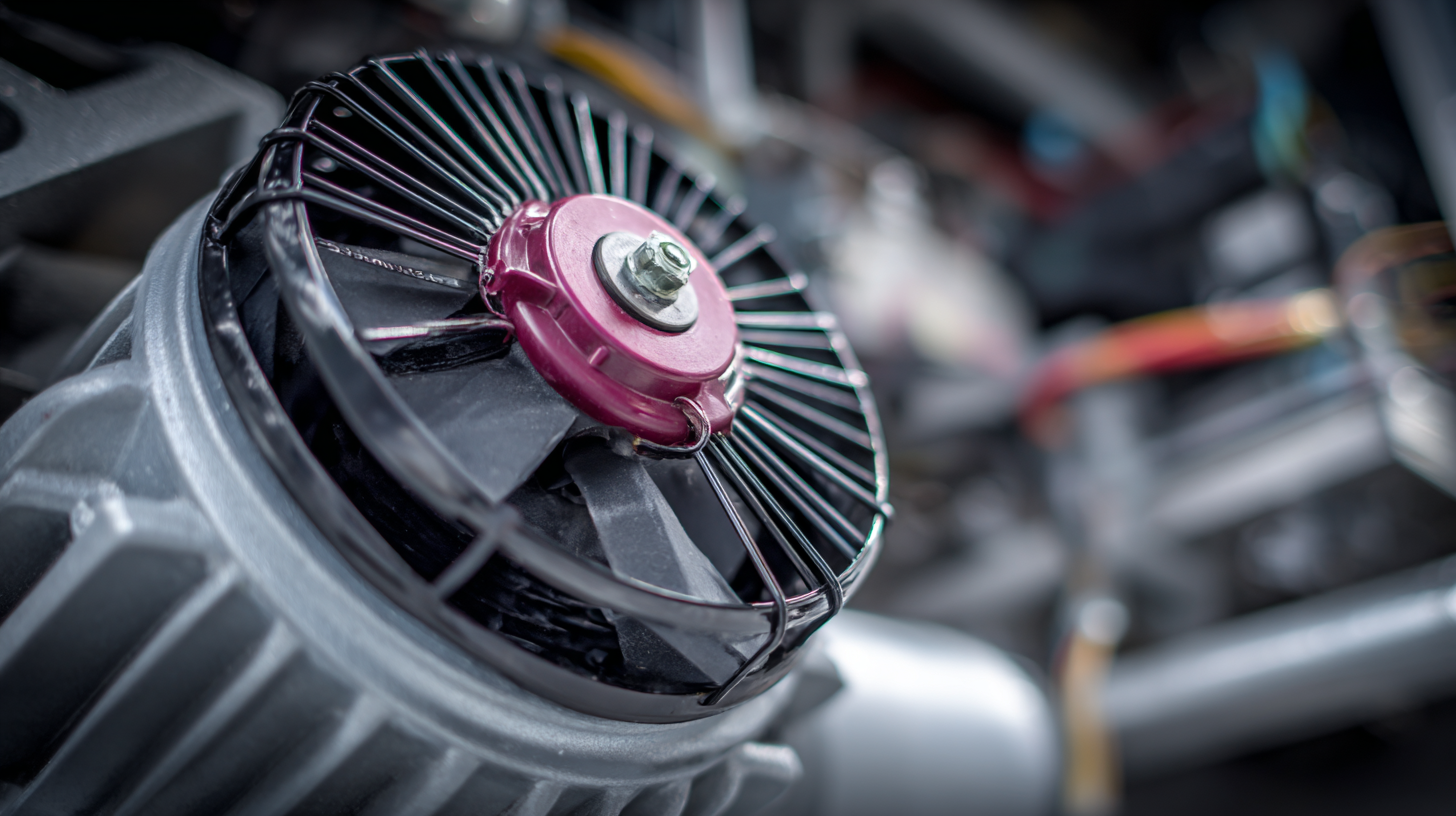
Additionally, blower motors are integral to system versatility, enabling heating and cooling modes by controlling air distribution based on homeowner preferences. The type of motor—whether it be a single-speed, multi-speed, or variable-speed—can impact not only the efficiency but also the noise levels and comfort levels within the home. A study from the American Society of Heating, Refrigerating and Air-Conditioning Engineers (ASHRAE) points out that homes equipped with variable-speed blower motors can achieve up to 25% higher efficiency in energy usage compared to those with single-speed motors, highlighting the importance of selecting the right motor for both performance and sustainability.
When choosing the right HVAC blower motor, homeowners should consider several key factors to ensure optimal performance and efficiency. Firstly, the size and capacity of the blower motor must match the HVAC system requirements. A motor that is too small may struggle to circulate air effectively, while one that is too powerful could lead to increased energy costs and unnecessary wear on the system.
Additionally, homeowners should evaluate the type of motor: single-speed versus variable-speed. Variable-speed motors offer greater flexibility and energy savings, as they adapt to the heating and cooling demands of the home, providing consistent comfort without the abrupt cycling of traditional motors. Moreover, it is essential to take into account the noise level and durability of the blower motor, as quieter models contribute to a more enjoyable indoor environment. Investing time in understanding these factors will help homeowners select a blower motor that enhances efficiency and comfort in their living spaces.
| Factor | Description | Importance |
|---|---|---|
| Motor Type | Different types include PSC, ECM, and shaded pole motors. | Determines efficiency and suitability for specific HVAC systems. |
| Power Rating | Typically measured in horsepower (HP) or watts. | Affects the airflow capacity and overall performance of the HVAC system. |
| Speed Control | Options include single-speed, multi-speed, and variable-speed controls. | Allows for better temperature control and energy efficiency. |
| Size and Compatibility | Must match the dimensions and specifications of the HVAC unit. | Ensures proper fit and function within the system. |
| Noise Levels | Measured in decibels (dB); quieter models are available. | Important for maintaining household comfort and minimizing disruptions. |
| Warranty and Lifespan | Check for manufacturer warranty and expected lifespan. | Affects long-term investment and maintenance costs. |
Maintaining your HVAC blower motor is crucial for ensuring optimal performance and longevity. Studies indicate that a well-maintained blower motor can last up to 15 years or longer, whereas neglect can significantly shorten its lifespan. The blower motor is responsible for circulating air throughout your home, and its efficiency directly impacts your energy bills and indoor air quality.
To extend the lifespan of your blower motor, consider implementing these maintenance tips. First, regularly replace or clean your air filters every 1-3 months to keep airflow unobstructed, which can help prevent strain on the motor. Second, lubricate moving parts as recommended by the manufacturer; this reduces friction and wear on components. Lastly, schedule annual professional inspections, as experts can identify potential issues before they escalate. According to the American Society of Heating, Refrigerating and Air-Conditioning Engineers (ASHRAE), routine maintenance can improve energy efficiency by up to 30%, saving you money in the long run.
Adhering to these maintenance strategies can help ensure that your blower motor operates efficiently, fostering a comfortable and healthy living environment. Regular upkeep not only enhances performance but can also prevent costly repairs, making it an essential practice for homeowners.
When it comes to maintaining your HVAC system, the blower motor plays a crucial role in ensuring efficient airflow throughout your home. To keep your system operating smoothly, it's essential for homeowners to recognize the common signs indicating that the blower motor may need repair or replacement. One of the most noticeable signs is a decrease in airflow—if you find that your vents are blowing weakly or not at all, it could mean that the blower motor is struggling to function properly.
Another red flag is unusual noises coming from the HVAC unit. If you hear grinding, squeaking, or rattling sounds, it may suggest that the motor's bearings are worn out or that debris is interfering with its operation. Additionally, frequent cycling on and off can be a sign of issues with the blower motor or its associated components. If your system is constantly turning on and off without maintaining a steady temperature, it is advisable to have a technician assess the condition of the blower motor to prevent further damage and ensure your comfort.
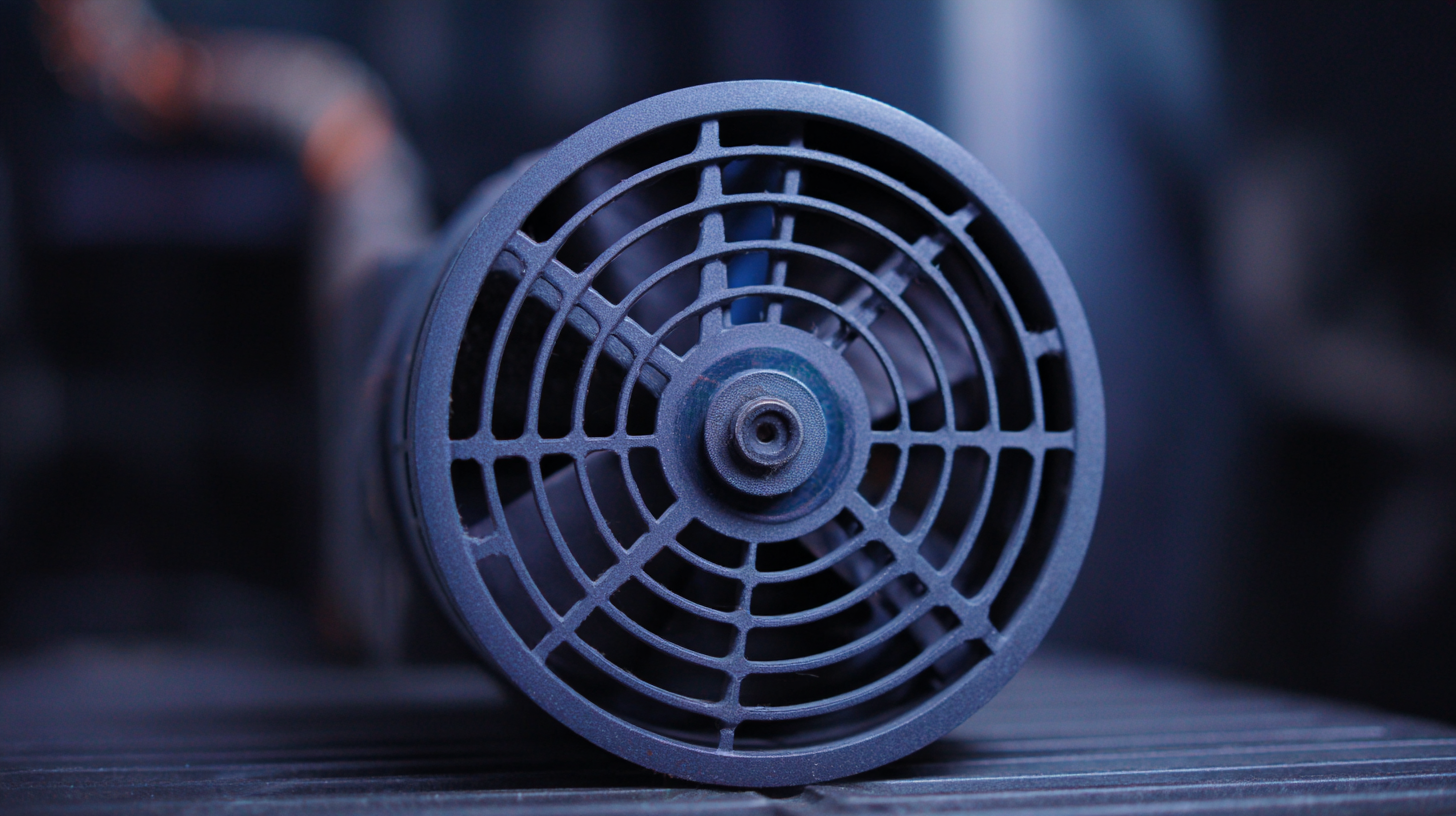
When it comes to maintaining an efficient HVAC system, understanding the role of blower motors is essential for homeowners. These components are pivotal in circulating air throughout your home, impacting both comfort and energy consumption. According to the U.S. Department of Energy, approximately 30% of a home's energy is used for heating and cooling, making it critical to optimize your blower motor's performance.
To enhance energy efficiency, consider implementing the following tips. First, regularly clean or replace air filters; the American Society of Heating, Refrigerating and Air-Conditioning Engineers (ASHRAE) suggests that clogged filters can reduce system efficiency by up to 15%. Secondly, scheduling routine maintenance ensures that your blower motor and other HVAC components operate at peak performance and longevity. Creating a more balanced airflow can also lower energy use; using adjustable vents allows you to control air distribution effectively, which can reduce energy costs by up to 20%.
Lastly, consider upgrading to a variable-speed blower motor. Research by the National Renewable Energy Laboratory indicates that these motors can increase energy efficiency by 30% compared to traditional single-speed models, providing significant long-term savings on utility bills. By following these energy efficiency tips, you can optimize your blower motor performance and contribute to a greener home environment.
